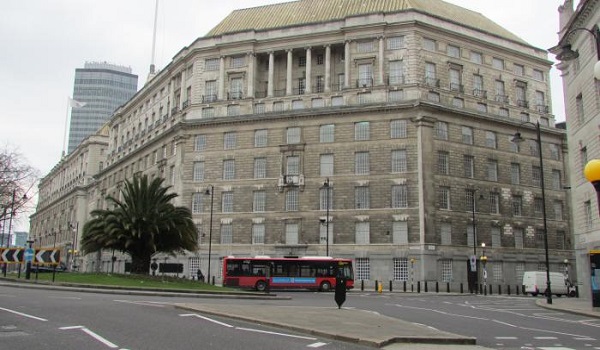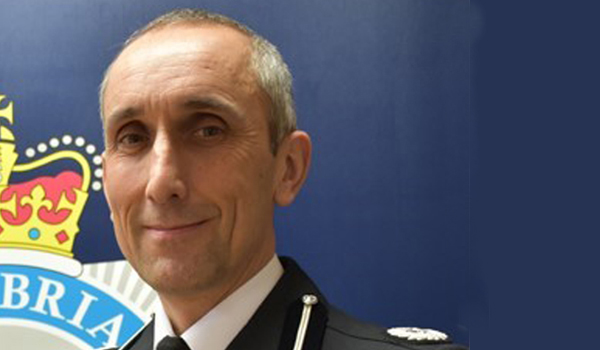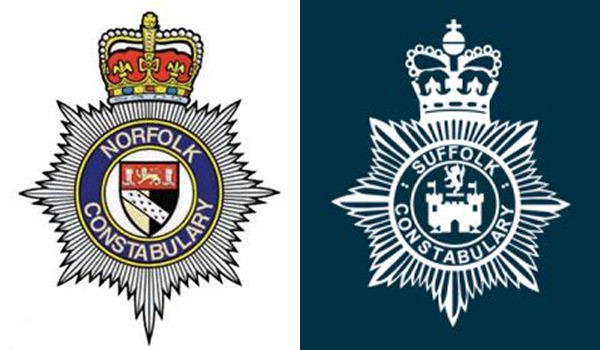Two-thirds of lockdown fines handed to under-35s
Around two-thirds of coronavirus fines have been handed to those under the age of 35, police figures show.
Data released by the National Police Chiefs’ Council (NPCC) today (October 28) shows 20,223 fines for breaching coronavirus restrictions were issued by police in England and Wales between March 27 and October 19 – 17,451 in England and 2,772 in Wales.
These include 980 for breaches of local lockdown laws – with the majority issued by the Greater Manchester (374) and Northumbria (366) forces.
Overall, the weekly number of fines rose between mid-September and early October.
Around eight in ten of the enforcement notices were issued to men, 78 per cent, while 35 per cent went to 18 to 24-year-olds, 18 per cent to those aged 25-29 and 14 per cent to people aged 30-34.
Where the person fined self-identified their ethnicity, 80 per cent went to a white person, 12 per cent to an Asian person and five per cent to someone who is black.
Provisional figures for the new three-tier system show 268 fines have been issued in England, with 65 handed out for a breach of regulations in Tier 1, 79 in Tier 2, and 124 in Tier 3.
Also in England, 64 fines were issued for large gatherings such as illegal raves and parties, carrying a £10,000 penalty. Two were handed out in Wales.
There were also 399 fines for breaches of the rule of six, that came into force on September 14.
On face coverings, 258 fixed penalties were handed out between June 15 and October 19 in England and Wales. Of these, 86 were on public transport, handed out by nine forces, while 172 were in settings such as shops, across 21 forces.
Forty-seven fines were handed out to businesses in England for breaches including not closing at 10pm, not enforcing face mask rules and not sticking to table service.
International quarantine figures show that up to October 19, 4,518 cases investigated by the police found the person abiding by the rules, while another 284 were in breach but they were persuaded to obey the rules without being fined.
However, 380 people had given the wrong address so no police action could be taken, while another 629 were out when officers attended and so also faced no further police action. The NPCC said these cases are referred back to UK Border Force.
Police issued 125 fines to those failing to self-isolate after arriving in England from a country on the UK Government quarantine list.
NPCC chair Martin Hewitt said: “We have seen an increase in enforcement activity in the last month, reflecting new regulations coming into effect, and a shift towards quicker enforcement against those knowingly breaking the rules.
“Where people don’t listen to police officers’ encouragement then we will take action. That is our job and I believe the public expect us to do that.
“Coronavirus is something we have all had to rapidly adapt to, and officers have had to pick up new regulations in a record pace and apply them across the population.
“The number of instances where enforcement action is necessary at all is a small fraction of the total engagement we have had with the public.
“Enforcement doesn’t and shouldn’t always equal police involvement. Individuals, businesses and a range of agencies all have a responsibility to ensure the virus is suppressed, and police will continue to play their part.”
Figures for selected crimes also published by the NPCC on Wednesday show there had been a 27 per cent rise in the number of assaults on emergency services workers in the four weeks to September 27, compared to the same period last year.
Police-recorded rape rose by two per cent, while domestic abuse incidents were up three per cent.
Overall crime fell by six per cent in the same period compared to 2019, although police chiefs maintain that demand on forces remains high.
The number of 999 calls and 101 calls were both down by nine per cent in the four weeks to September 27 compared to last year. Officer and staff absence levels are at around 5.9 per cent.
Mr Hewitt added: “Although overall crime is lower than this time last year, demand on the police remains significant.
“As well as day-to-day policing, to prevent and tackle crime and keep communities safe, we are working alongside our partners both locally and nationally in tackling this pandemic and limiting the spread of the virus.
“Officers and staff are incredibly busy, working in challenging circumstances.”
Official crime data from the Office for National Statistics published on Wednesday shows anti-social behaviour rose by 45 per cent from 339,944 in April to June 2019 to 493,267 for the same period this year.
Police-recorded drug crimes rose by 30 per cent from 44,064 in April to June 2019 to 57,132 during the same period this year, while domestic-abuse related crimes recorded by police increased by nine per cent during lockdown from 182,562 in April to June 2019 to 198,112 for the same period this year.
There was also a 20 per cent rise in stalking and harassment between April to June 2019 and the same period this year (up from 118,290 to 142,009 police-recorded crimes).







